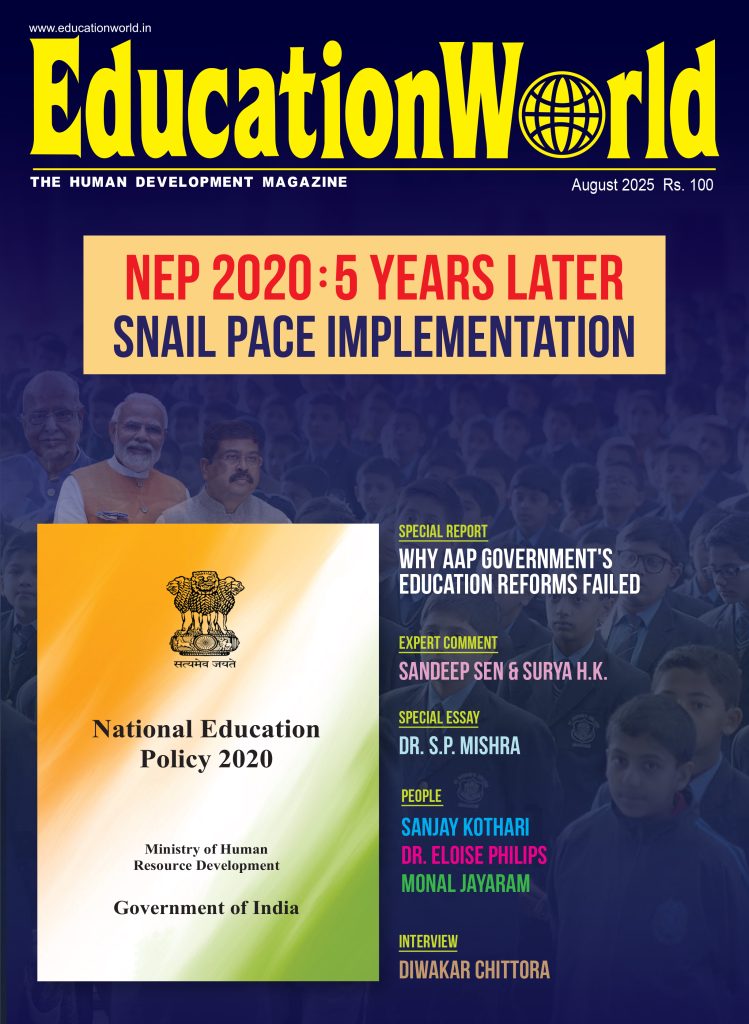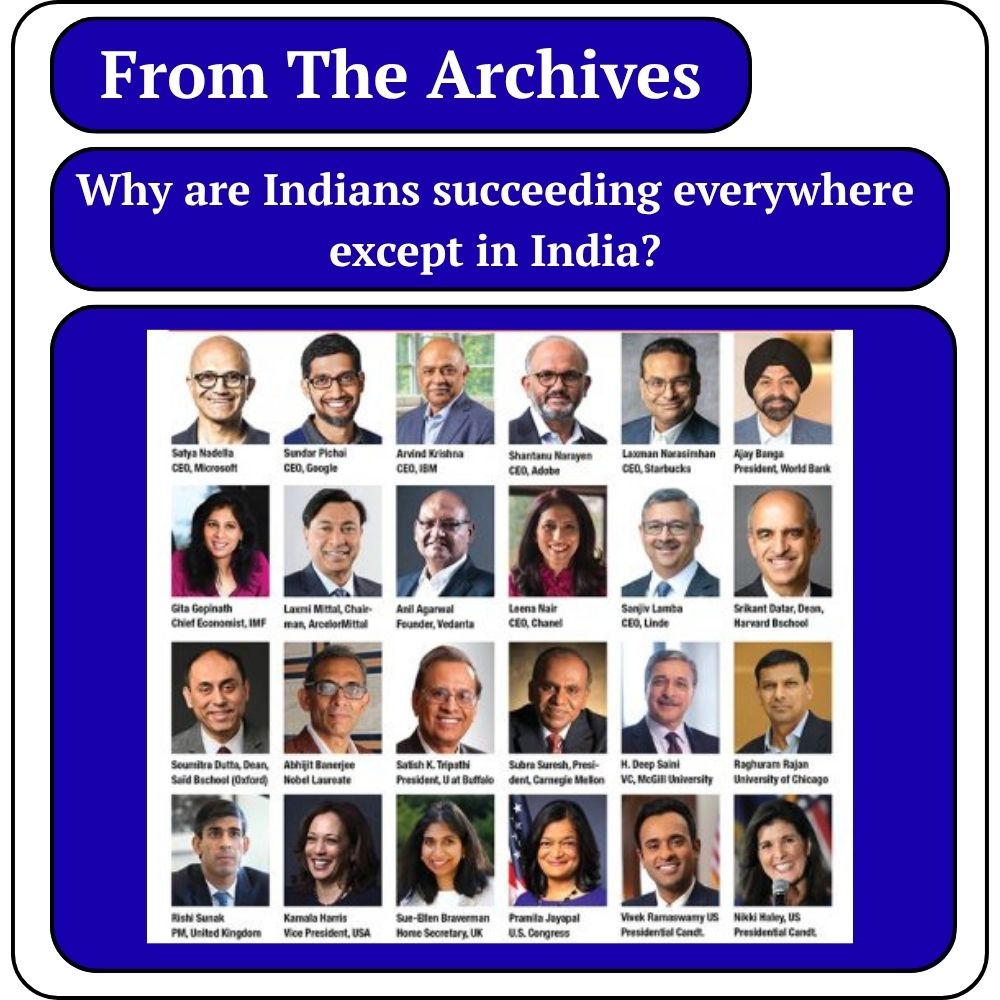Capitalism benefit
Although it isn’t quite cricket to say so, your editor couldn’t help deriving satisfaction from witnessing South Africa opening batsman Dean Elgar being struck on the body twice in a row by India’s fast bowler Mohammed Shami, and the never-before spectacle of lower order batsmen edging towards the leg umpire as India’s fast bowlers steamed in to bowl in the third Test match between India and South Africa at Johannesburg, which India won by a handsome margin. This moment of schadenfreude was prompted by your correspondent’s long memory of post-independence India’s opening bowlers being the subject of derision and barely disguised contempt until the start of the Kapil Dev era in the 1980s. Today, test teams of all cricket-playing countries are well aware that if their fast bowlers pitch short and/or intimidate our batsmen, India’s quickies can and will, retaliate. Clearly, Indian cricket has come a long way since teams of international cricketing nations — all 10-12 of them — looked forward to gentle medium pace bowling when playing against Indian Test teams.
The changed circumstances are to a large extent due to the country’s gradual — but yet far from complete — retreat from debilitating socialism starting in the 1980s, and the injection of money into the game. For over three decades, India’s test cricket stars were paid peanuts for filling stadiums, while the then government-dominated Board for Cricket Control of India (BCCI) lorded over the cricket scene. But fortunately India’s then larger-than-life cricket star Sunil Gavaskar secured players a substantially larger slice of BCCI’s massive revenues, which received a huge boost after the belated advent of the television age. If it wasn’t for liberalisation and the flow of big money into the game, India’s test stars and fast bowlers — described as Gunga Dins by England quickie Fred Trueman who terrorised them in 1950-60s — would never have graduated from sweaty factory floors to pay back a historical debt. Capitalism is not without its benefits, comrades.



















Add comment